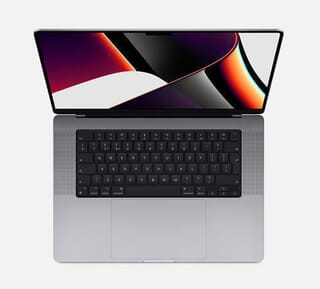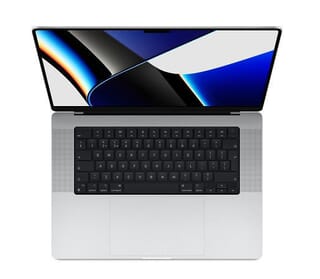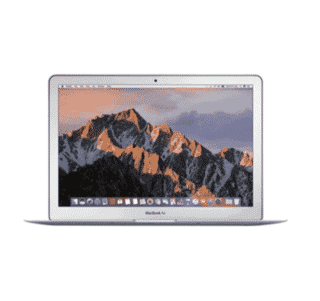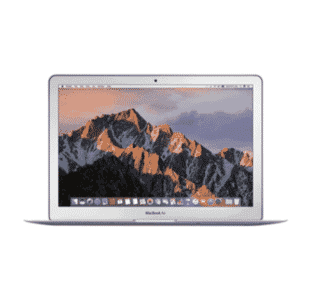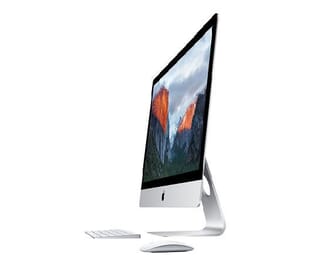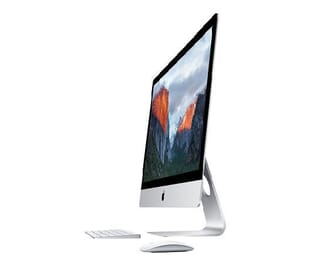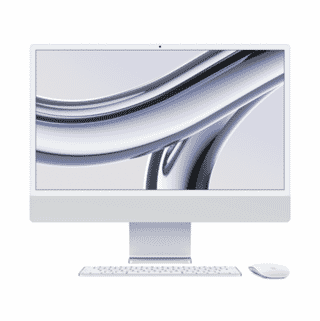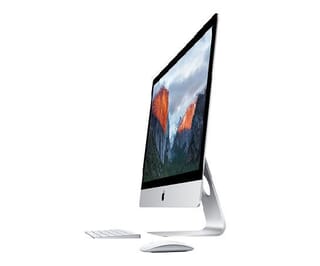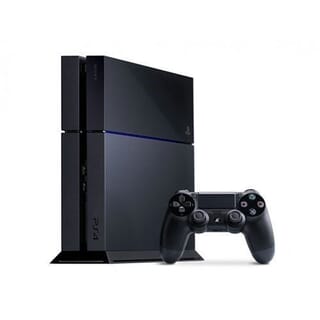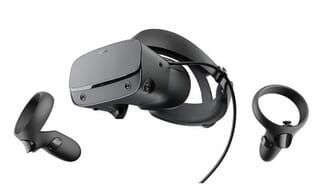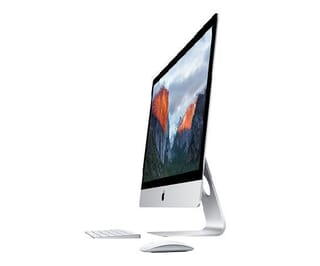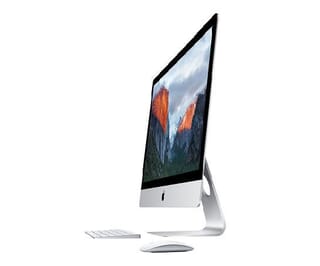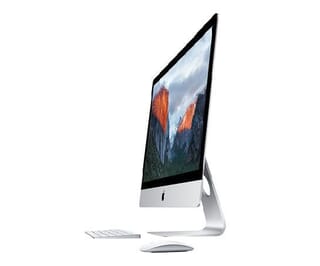Apple is known for quality products. In fact, it’s quite common for users to buy an Apple product and have it for so many years that several new generations come out before users even want to consider getting a replacement. Many times, an older Apple device is in good condition and works well but users are just ready for a new device. That is how it usually works for Apple products. However, there have been some recent reports of the lifespan of soldered SSDs being limited in new M1 Macs.
M1-Based Mac
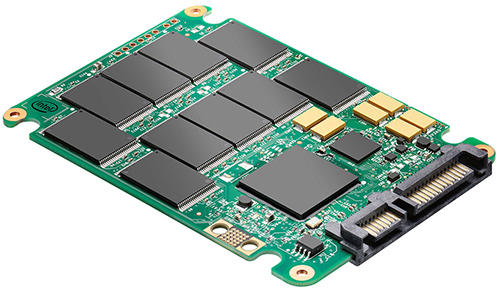
M1 Common Info
As mentioned above, Apple has a certain reputation of quality to uphold. However, there have been some alarming reports that are showing extreme wear of some SSDs. It is so high that drives may need replacing after just a couple of years. Apple has been in the game of soldering SSDs to its logic boards for quite some time now. When this is done, it makes repairs take a longer process than it would on older devices. It also means that upgrades are not a probability. Apple does continue to have soldered storage on the M1-based Macs. There are three of those, currently. What’s not so great is if an SSD fails and it’s on a M1-based MacBook Air or MacBook Pro, the whole logic board needs to be replaced. Yikes!
An SSD failing within a two-year time span is surprising because they normally last for years, often lasting longer than most other components. In the very least, they are normally expected to last until a user is ready to upgrade their machine. That’s not to say that SSDs last forever. Samsung’s 980 PRO is rated for up to 1.5 million hours of use time. That is about 300 TB of writes in total. So, while SSDs can last a long time, they will eventually fail like most other things.
Reports
Reports have indicated that there is a surprisingly high level of failure of the SSDs of M1-based Macs. It seems that they are sustaining an unusually high level of wear in comparison to other SSDs. Shockingly, there have been reports that M1-based Macs had wear on SSDs within just a few days of using them. Some have noted that there has been between 0.35 and 0.56 TB of data that is written each hour sometimes. This is way more than the average.
Of course, this is not affecting all M1-based Macs. What’s puzzling is why some M1-based Macs have this problem while others don’t. The cause of the problems with SSDs on some M1-based Mac devices is unknown. It’s been suggested that the M1 Macs with issues may be a little too aggressive with their swap files.
There hasn’t been a clear-cut answer to this problem yet, however. If you want to monitor the SSD usage of your Mac, you can use a program like DriveDx. Hopefully, your device is not plagued with SSD issues like some unfortunate users.
-24125.png)

